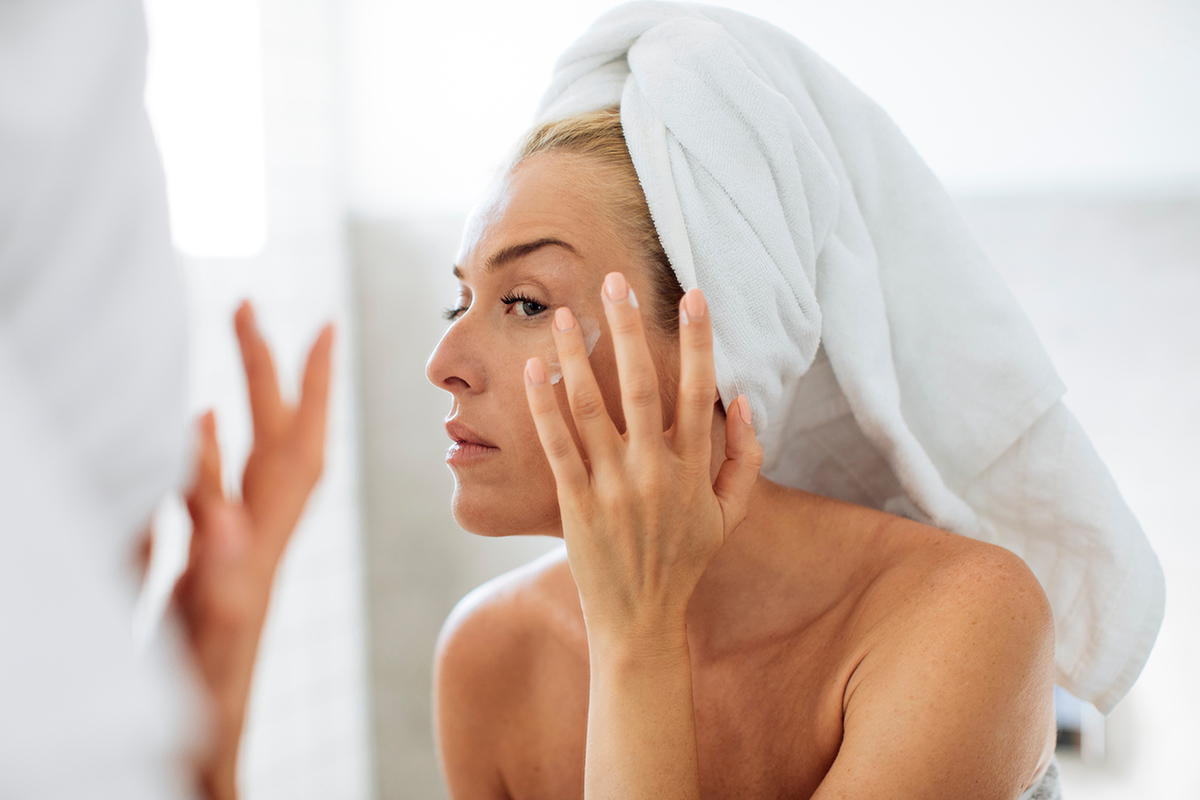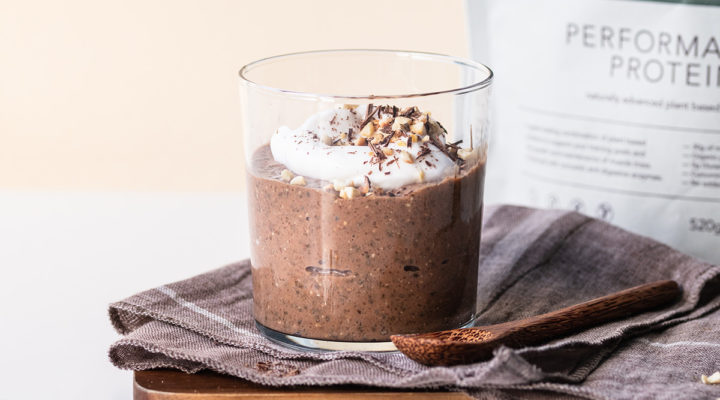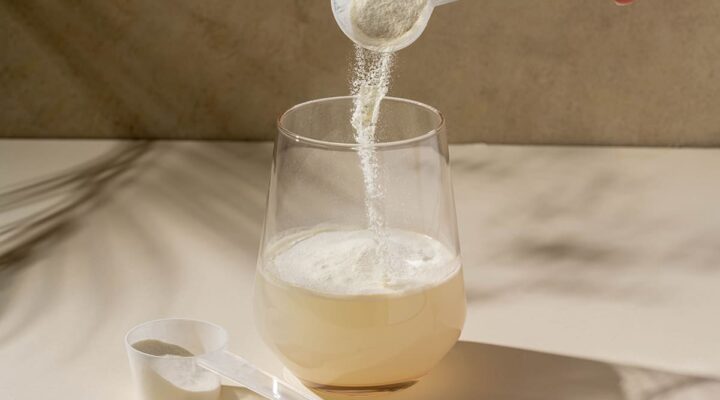How to Look After Your Skin in Winter

At this time of year, it’s not just our energy levels that can feel depleted. Adding to the pain of it being cold and dark, winter is a season that can wreak havoc with your complexion.
As the weather shifts and temperatures drop, your skin can look a lot less radiant than normal. Many of us also experience tightness, flaking and flare-ups of eczema or rosacea that were non-existent in the summer.
To help make the transition into the cold snap easier, we asked experts to share their opinions on how to banish bad skin and winter-proof your routine.
How winter messes with our skin
It almost feels inevitable: as soon as the mercury drops, our skin starts to get dry, red and inflamed. So why does this happen?
“The skin’s outer layer of protection – called the epidermis – is fundamental to keeping skin in optimal health, but it’s all too easily damaged by elements such as wind and cold,” explains Dr Sophie Shotter, skin expert at Illuminate Skin Clinic. “Central heating can also be detrimental as it strips the skin of vital hydration.”
When dry air draws moisture away from the skin, it can cause telltale symptoms like chapped lips, tightness and flaking. Our skin can crack and even bleed if we’re not diligent with our skincare.
“To counteract this drying process, our bodies can start to overproduce sebum to prevent further moisture evaporation, which adds to the problem,” warns Shotter. This excess oil combined with a build-up of dead skin cells from winter flaking can put us at increased risk of acne and other seasonal skin issues.

What can I do to fix it?
The good news is that you can salvage weather-beaten, winter skin with some simple lifestyle changes:
Have shorter showers
We all want to luxuriate under the hot jets for an extra ten minutes when it’s cold outside, but it’s wise to keep your showers to a minimum in the winter. “Long hot showers and baths will dry your skin out, and they strip your skin of its natural oils too,” says Shotter. “As tempting as they are over the colder months, hot showers can make dry winter skin worse.”
Don’t skip the sunscreen
In the right weather conditions, you can still get sunburnt on a winter walk. “Even if it’s not as warm, the sun’s damaging UVA levels can be just as high as they are over the summer months, so it’s important to wear a broad-spectrum SPF year-round,” says Shotter.
If you’ve been using a light summer product, you may want to switch to a more nourishing formulation in the winter to help boost moisture.

Turn up your skincare
When the central heating clicks on, it’s important to commit to a harder working skincare routine. “Colder weather, wind and indoor heat will all contribute to drying your skin, as these factors lead to increased transepidermal water loss,” says Dr Lauren Hamilton, co-founder of skin clinic Victor & Garth.
Alpha Hydroxy Acids (AHAs) are great exfoliants to add to your skincare stash. “They help to remove any dead cells in the outermost layer of the skin,” she notes. “This will brighten a dull appearance and allow any hydrating ingredients that you apply to properly penetrate the layers of skin.”
As well as AHAs, Hamilton says to try to use products that contain ceramides, as these help to repair your skin’s barrier by locking in moisture.
Eat right
The foods we put on our plate can be just as important as the expensive oils and moisturisers that we slather onto our skin. ‘You are what you eat’ might sound like something of a cliche, but some foods really can help to maintain a summer glow.
Choose foods rich in omega-3 fatty acids such as chia seeds and flax, as omega-3 fatty acid plays an important role in keeping our skin cells soft and supple. We should also load up our shopping trolleys with avocados too, as these are another skin superfood. Packed with essential skin nutrients, they’re rich in monounsaturated fatty acids to support the structure of your skin cells.
Try sprinkling almonds onto your morning porridge, as these are a great source of vitamin E – a powerful antioxidant which helps to remove free radicals from the body. Most importantly? You should aim to drink 8-10 glasses of water per day, to help prevent the skin from drying out.

Up your supplement game
Cosmetic doctor Dr Miriam Adebibe says that at least 40% of us aren’t getting enough B12 in our diets, resulting in lethargy, anxiety and low mood.
“Vitamin B doesn’t only benefit the body, but it also helps to support healthy hair, skin and nails.” To give your body a boost, you could take a daily Vitamin B12 supplement.
“B12 is required by every single cell in the body in order to divide and multiply, which means that if your cells are deficient in B12, every cell will multiply in a deficient state,” notes Adebibe.
“The skin cells on our faces renew every 28 days, which is faster than anywhere else in your body, so if you’re deficient in B12, your skin will renew in a deficient state,” she warns.
Along with B vitamins, you could also add Form’s Radiant supplement to your beauty arsenal. This daily capsule supports winter skin by fighting the aging caused by free radicals, combining antioxidants, vitamins and minerals with vegan collagen.
With just a few simple cold-weather switches, you could save yourself from the painful experience of dull, dry, winter skin.


















